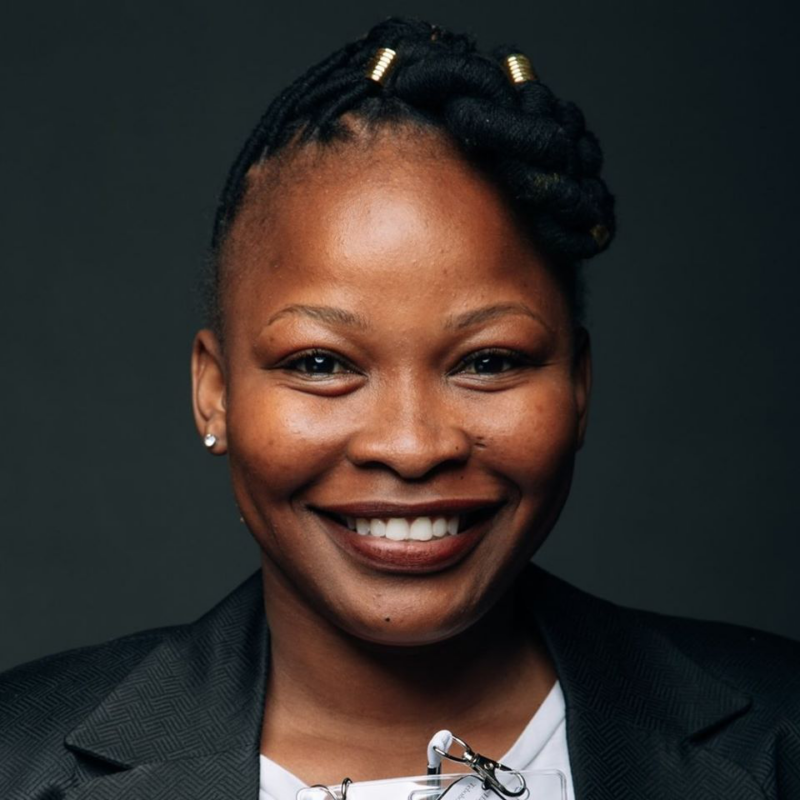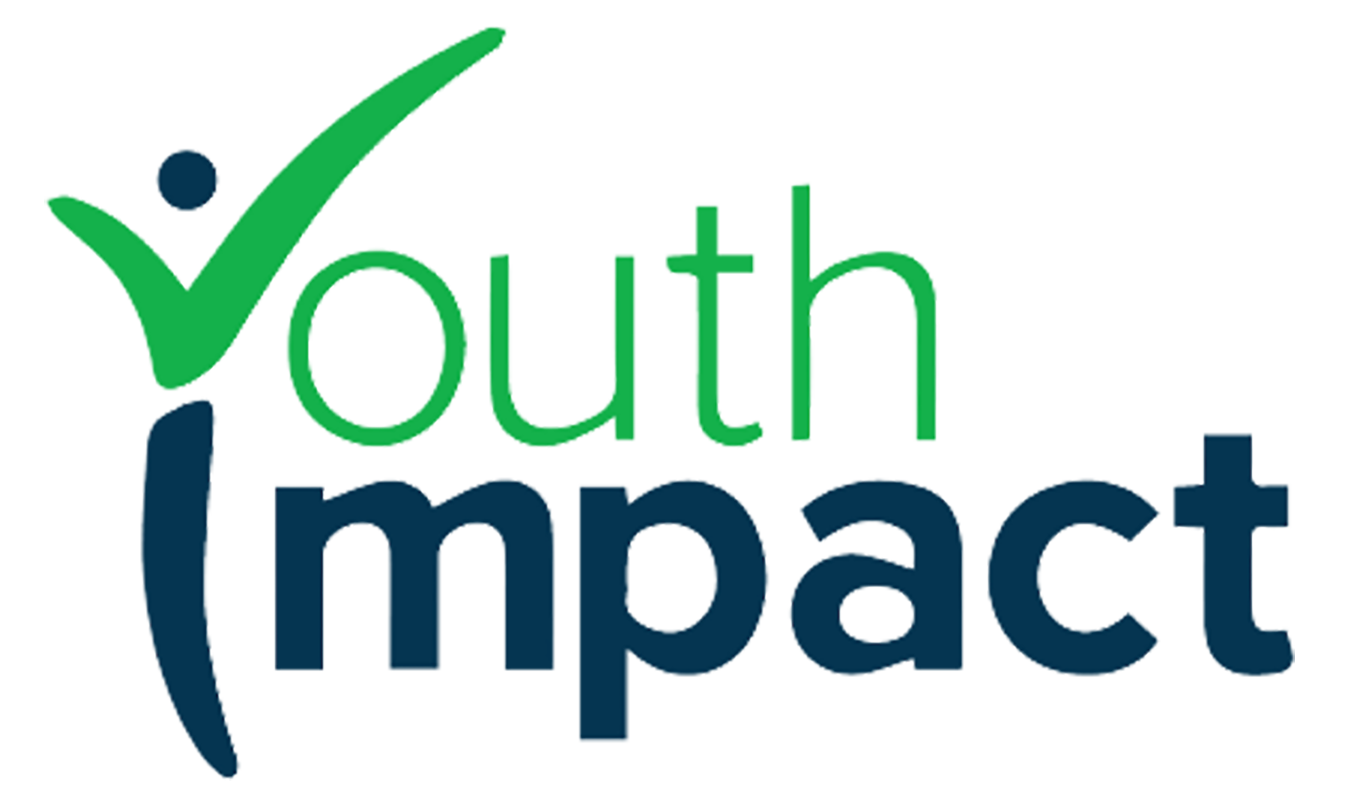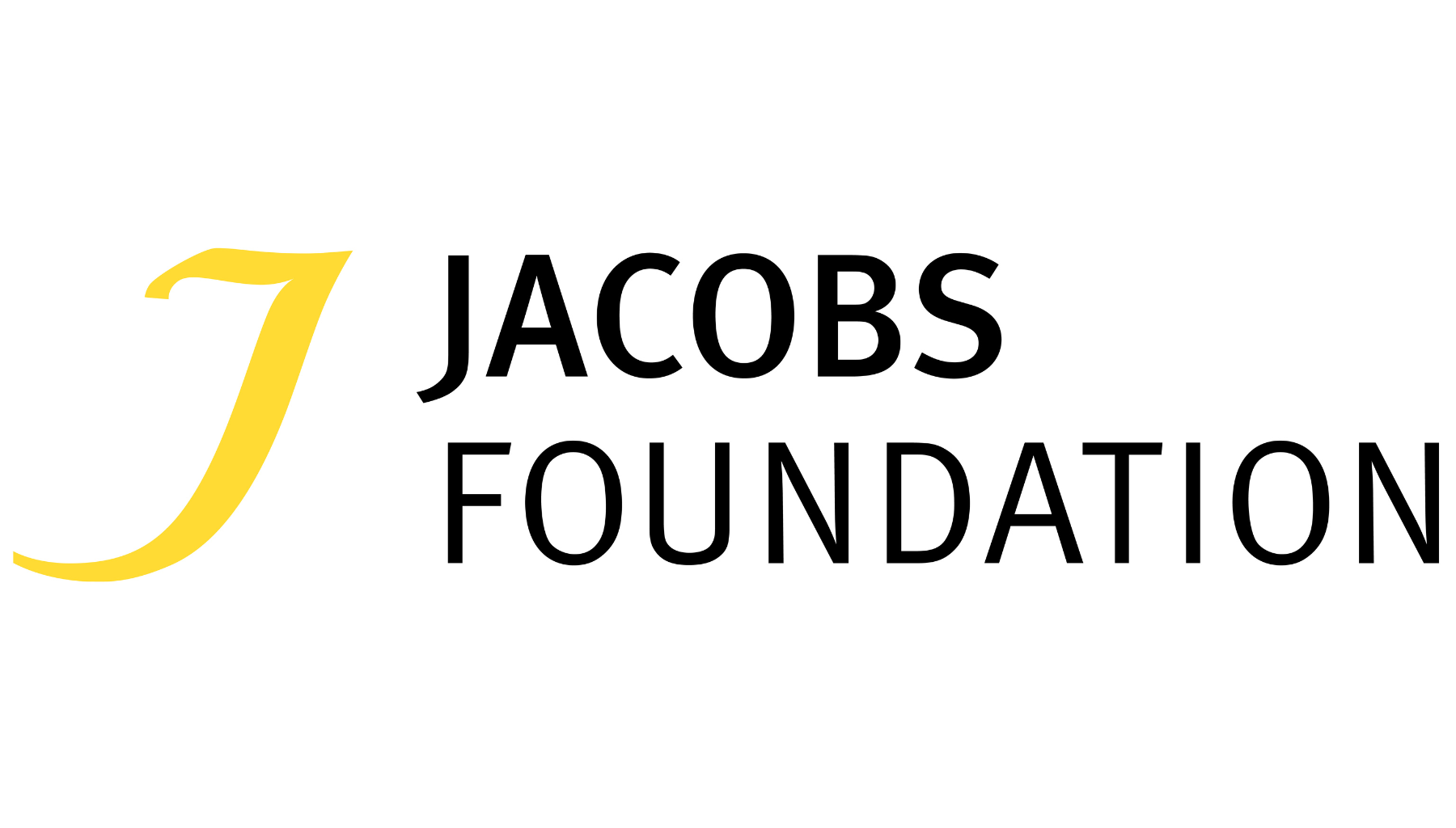Optimising cost-effectiveness, fidelity, and scalability among foundational literacy and numeracy interventions
Project overview
Scaling up foundational literacy and numeracy interventions quickly and effectively is undeniably challenging. Yet it’s important, especially for policymakers who need to see results on a shorter time scale.
Therefore, the What Works Hub for Global Education’s Botswana team, partnered with Youth Impact and the government of Botswana, is investigating methods of scaling up rapidly while maximising cost-effectiveness and impact.
A/B testing and adaptations of this approach are a promising avenue to achieve this goal. Therefore, Youth Impact is drawing on its experience with A/B testing in education and Teaching at the Right Level (TaRL)-related programmes to take an implementation science approach, investigating how to refine and optimise foundational literacy and numeracy programmes for cost-effectiveness, fidelity, results and scalability.
The What Works Hub for Global Education team will capitalise on existing government scale-ups of foundational learning programmes to conduct a series of rapid, randomised A/B tests over the course of five years, primarily in Botswana. The team will also directly support A/B testing among governments and partners who are newer to TaRL approaches and work toward advancing A/B testing as a sector-wide practice.
Fast facts
Principal Investigators: Claire Cullen, Moitshepi Matsheng
Host and partner institutions: Youth Impact, Government of Botswana
Co-funder: Jacobs Foundation
Co-investigators: Amanda Beatty, Martin Mwale
Time period: 2023-28




